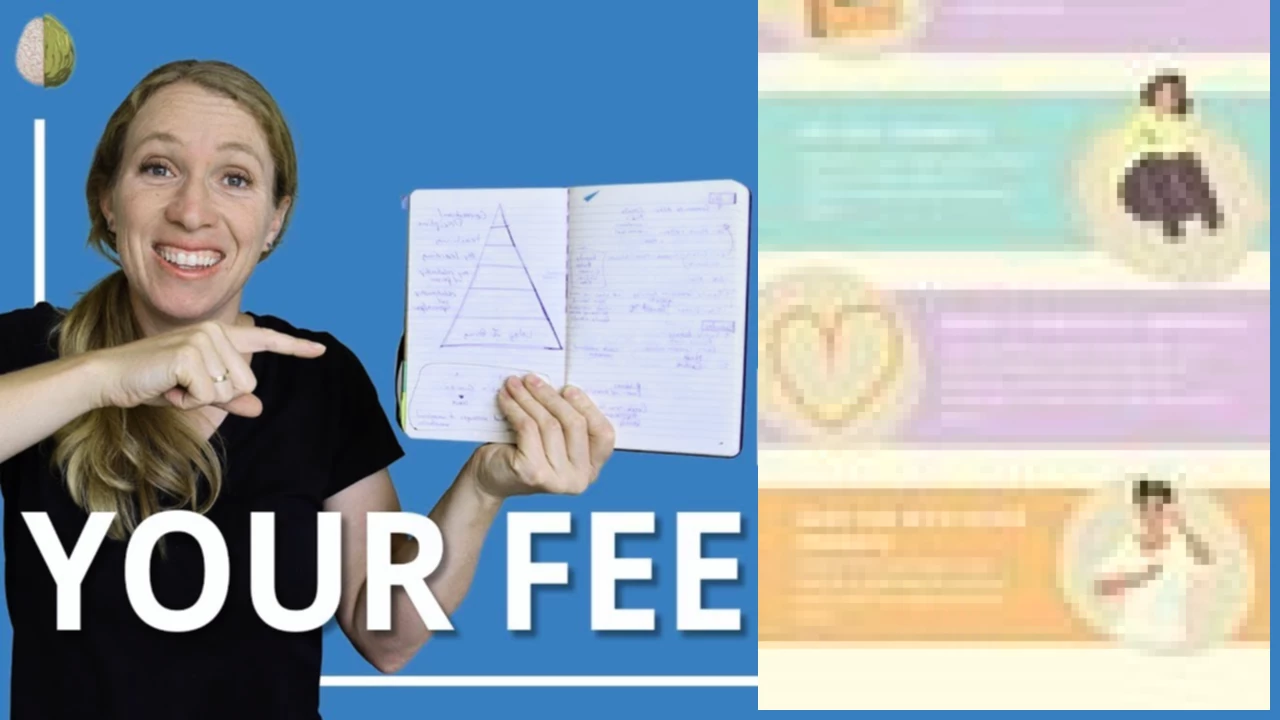Did you know that 75% of adults experience stress symptoms daily? Journaling offers a powerful, accessible tool to combat this widespread issue. By simply writing down your thoughts and feelings, you can gain valuable insights, reduce stress, and enhance your overall mental wellbeing. This article will provide you with a range of effective journaling techniques.
Many people struggle to find the right approach to journaling. But what if I told you the key to its benefits lies not in complex strategies, but in consistent, honest self-reflection? This is why we'll explore several methods to help you find the journaling style best suited to your needs and preferences.
Effective Journaling Methods for Mental Clarity
- Gratitude Journaling: Focusing on what you're thankful for shifts your perspective towards positivity.
- Emotional Dump Journaling: Letting out pent-up emotions through free writing can be incredibly cathartic.
- Reflective Journaling: Analyzing your experiences and thoughts provides valuable self-awareness.
Choosing the right journaling method is crucial. Let's compare a few popular approaches to see which one best fits your needs. How do these approaches differ in their effectiveness for stress relief? The table below will offer a clear comparison:
| Journaling Method | Focus | Benefits |
|---|---|---|
| Gratitude Journaling | Positive emotions | Increased happiness, reduced stress |
| Emotional Dump Journaling | Emotional release | Reduced anxiety, improved self-understanding |
| Reflective Journaling | Self-awareness, insight | Improved problem-solving, personal growth |
Powerful Gratitude Writing Prompts
One of the simplest yet most effective forms of journaling is keeping a gratitude journal. It's incredibly simple: simply write down things you're grateful for. But how do you find those things? Here are some prompts to spark your creativity:
- What small act of kindness did someone show you today?
- What achievement, no matter how small, are you proud of?
- What aspect of your life brings you consistent joy?
Effective Emotional Dump Journaling Techniques
Sometimes, you just need to get everything out. Emotional dump journaling is all about uninhibited expression. Don't worry about grammar, structure, or even making sense; just let the words flow. This technique is a powerful tool for releasing pent-up emotions and achieving mental clarity. It's like clearing out the clutter in your mind, leaving space for calm and focus.
Consider emotional journaling as a powerful tool for self-discovery. Just as a sculptor chips away at stone to reveal a masterpiece, so too can you uncover hidden aspects of yourself through the process of writing. What insights have you gained about yourself through this process?
Remember, the goal isn't to solve problems, but to process emotions and gain a better understanding of yourself.
Many find emotional journaling incredibly helpful in dealing with stress and anxiety. As one writer eloquently put it:
"Journaling isn't just about recording events; it's about understanding the emotions behind them, and that understanding is the key to unlocking mental peace."
Organize Your Thoughts on Paper for Enhanced Clarity
Journaling offers a tangible way to untangle the complexities of our minds. By putting our thoughts and feelings into words, we create order from chaos, fostering mental clarity and a sense of control. This process is especially beneficial during times of stress or uncertainty.
Frequently Asked Questions
- Q: How often should I journal? A: Even 5-10 minutes a day can make a difference.
- Q: What if I don't know what to write? A: Use prompts, or simply start with "I feel..."
- Q: Is journaling only for people with mental health issues? A: No, it's a beneficial tool for everyone.
- Q: Can I use a digital journal? A: Absolutely! Choose whichever method works best for you.
- Q: How do I know if journaling is working for me? A: Pay attention to your mood and overall sense of well-being.

